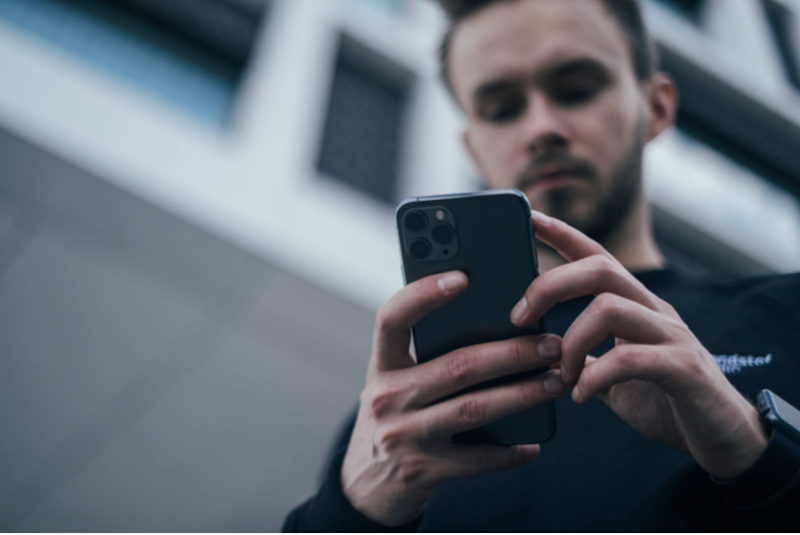How Universities Are Leveraging Mobile Technology For Security
Branded Content by Cosmic Press
Security for universities is paramount in the current climate. Twenty-seven school shootings have already taken place this year, with a fatal shooting near the CSUN campus recently, and universities need to take action to provide a safe and secure learning environment for their students.
By 2023, around 120 million mobile access credentials will be downloaded for access control solutions. Mobile technologies are revolutionizing the way universities implement building security.
What Is Mobile-Led Security?
Mobile security is using mobile devices for security management, reporting, alerts, and monitoring of security data.
There are several different applications of mobile-led security, all of which increase convenience for the daily user and make security information more accessible for system administrators and security staff.
Below are some of the main applications of mobile-led security technologies for campus security.
Mobile Access Control
A mobile door entry system replaces the keycards and fobs of traditional access control solutions. Instead of using a keycard or fob, users can simply download mobile access credentials and store them on their mobile devices. This helps universities save high costs on keycards and fobs, making users less likely to lose their access credentials. Since mobile technology allows for Bluetooth, cellular, and WiFi communication, they can enter buildings without taking their mobile device out of their pockets. Instead, they need only wave their hand over the access reader to trigger remote communication with their mobile device.
Mobile Applications
Implementing mobile applications in security allows security staff and system administrators to view security information from anywhere. They can quickly check surveillance cameras or access logs on their mobile device, maintaining a meticulous awareness of building security status. They can also operate door locks and security devices remotely using a cloud-based control center or mobile application for a more effective security response.
Digital Surveys And Registration Forms
Mobile security allows security teams to implement coronavirus screening and visitor management efficiently. Before entering the building, the user must fill out a registration form or screening survey. Mobile surveys automate visitor management and health and safety practices for more automated security.
Student Reporting
Campuses like CSUN implement mobile-led security across campuses by allowing students to report incidents and security threats on their mobile devices. If they spot any suspicious activity, they can report it to campus police via a mobile application. Campus police will be alerted to the threat on their mobile device, allowing them to respond quickly and be aware of potential security threats from anywhere.
If students feel unsafe on campus, they can use the application to request an escort and receive support to help them get home safely. Campus security is responsible for the welfare of students at all times, and mobile escort requests make security more accessible for students.
Alerts And Monitoring
Mobile-led technologies allow campus police to respond quickly to security incidents. Rather than using walkie-talkies or office computers to receive security alerts, they can receive alerts on their mobile devices. Mobile alerts provide campus police with all incident information quickly, allowing them to respond instantly. If a fire alarm or gunshot detector is triggered, mobile attention will reach them anywhere, allowing them to initiate emergency response procedures and investigate the incident immediately.
Summary
Mobile-led technologies are becoming increasingly popular in the campus security sphere. They make security more accessible for students and create a more proactive campus security strategy. They also help to reduce unnecessary security costs for universities and provide more convenient entry for the user.
Branded content furnished by our promotional partners. The Daily Sundial editorial staff is not involved in its production. Content does not reflect the views or opinions of the editorial staff.










